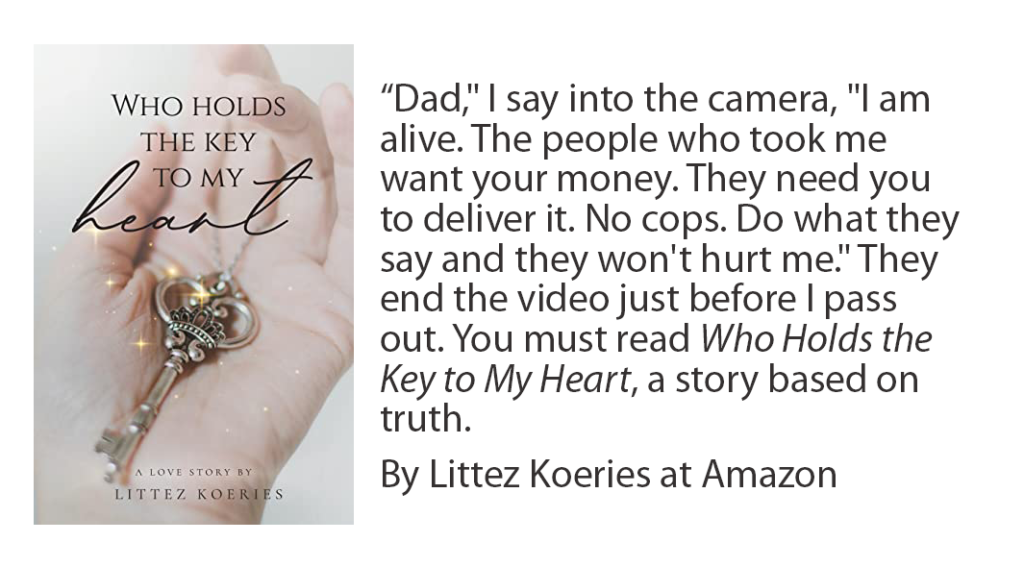Use your words (correctly, please)
One of the best books on writing that I’ve ever read is Stephen King’s “On Writing.” His advice is real, straight-forward, and heartfelt. It’s a lot easier to digest than Strunk and White. I’m an old writer. Been around longer than Stephen, though I suspect he’s earned more royalties than I have. Recently, I offered advice to a burgeoning writer who has real potential. This writer didn’t ask for my input, but when did that stop me?
Here’s the deal. I’m passionate about writing. To do anything for almost 40 years, you have to be, right? I don’t think I’ve ever done anything else for nearly that long. So I have a true affection for the English language. I adore creative use of language, but I respect that there is an “on-off” switch for using words appropriately. Example: You can say, “I did it by accident.” Perfectly correct. Perfectly understandable. You can also say, “I did it ON a accident.” Oh yes, that has become acceptable, but it is just dead wrong. A writer using that, unless in dialogue to illustrate something about a character’s background, would lose credibility as a writer.
On Arguing about Appropriate Use of Words
So back to the victim of my critique. They took exception to my offering input unasked. Fair enough. However, the writer, whose use of several words jangled as loudly as using “irregardless” in place of “regardless,” declared that they wrote what they wanted to write in a personal voice. Voice is very important and deserves respect. But I like to see writers polish their work until it shines and compels readers to keep reading. If your writing makes readers pause to figure out what you are really saying, it’s tarnished.
On Writing — A little more about words
We’ve written other articles about respecting the language you write in. People toss homonyms around with impunity, especially if they frequent social media. Soon, there will be no difference between their, there, and they’re. What will happen to your and you’re, or even use of the apostrophe at all? Yes, language evolves, and usage changes. That’s fine if there’s a reason for the change or if such change advances us. But if the change grows out of lazy writing or lack of language education, the result could be distressing.
If you choose to be a writer, I say choose to know, understand, and respect your own language so that you can help perpetuate its grace and beauty. Go find an amazing wordsmith and read, just thoroughly read their prose (or poetry). I offer The Ocean at the End of the Lane by Neil Gaiman. Or Beloved from Toni Morrison.
“Together they waged a perfunctory battle against the outrageous behavior of that place; against turned-over slop jars, smacks on the behind, and gusts of sour air. For they understood the source of the outrage as well as they knew the source of light.”
Good writing vs careless writing
those are words that sing a mournful dirge and paint a stark picture. Gaimen and Morrison play with language, and they respect it. Without a doubt, Morrison’s characters ( and for sure John Steinbeck’s) massacre “proper” English. But you can be 100% certain that those writers knew the rules before they ever wrote their first passage.
They read a lot. They wrote a lot, they studied people and life. When they broke the rules they did it deliberately and purposefully, not to be clever or hip, but to cause a meaningful response from readers. That is what writing and language are about.
Carelessly misusing words when you don’t really own or understand that piece of vocabulary doesn’t make you a good writer. Writing a phrase like “I was brandishing her with an errant vegetable,” says you’re not comfortable with the word brandishing. Appropriate use would be brandishing the veggie rather than brandishing the woman. When in doubt, don’t fake it, simplify. Maybe just say, “I shook the vegetable in her face.”
Unsolicited advice to writers of any ilk
My advice of the day, born of the same hubris as the old lady who admonishes a young girl to button up her cleavage, is this: Go ahead and be creative with your language if it makes your writing stand above the commonplace. Never get carried away with making your writing sound writerly. That fails 100% of the time.
Make sure you know the rules and definitions of good English (or Russian, or Portuguese) before you break those rules. Using the right word says something about a writer. Readers feel that. Using the wrong word, or a word in the wrong context says something, too. It’s like the difference between compliment and complement. One is right, the other dims your light.
Learn more
75 Incorrectly Used Words that Can Make You Look Dumb
Self-Conscious Writing (terrific piece about why your writing should never be about YOUR WRITING)





2 Responses
I started rereading “Beloved” a few days ago. “On Writing” has been added to my TBR list.
Beloved is a good read. Every writer should have a look at “On Writing.” So glad to see you here again!